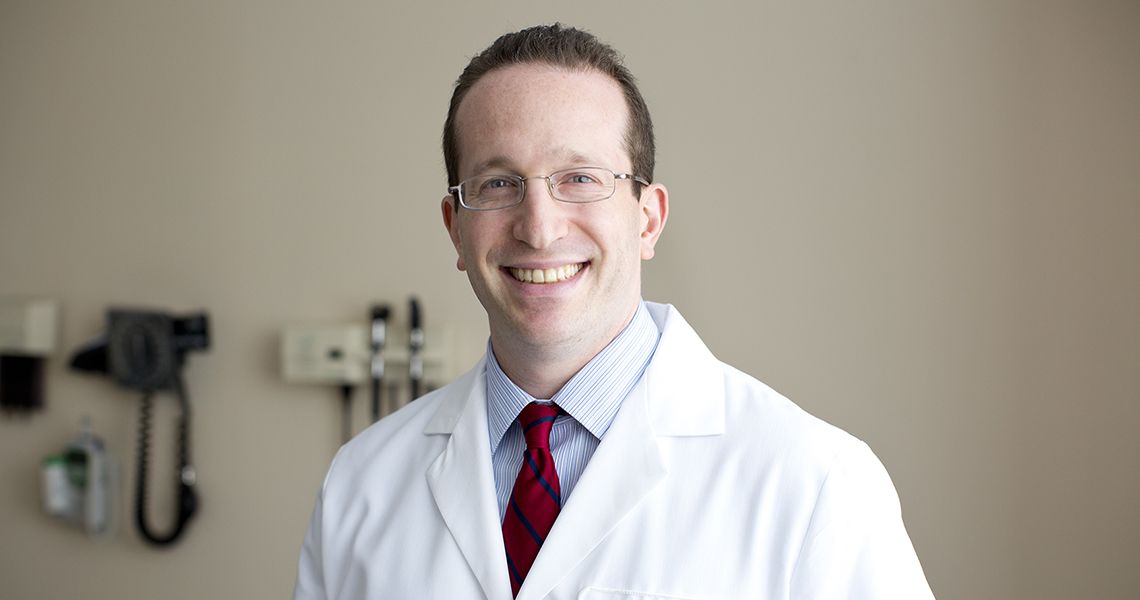People with skin conditions are open to trying medical cannabis products as potential treatments, according to a study from The George Washington University School of Medicine and Health Sciences and the University of Maryland.
The study, said to be the largest of its kind involving 504 respondents, found that 88.8% support the use of medical cannabis for dermatologic diseases and many already are doing so even without guidance from a dermatologist.
Products available over-the-counter are hemp-derived and made up of CBD or cannabidiol; they have very little or no THC. Both THC and CBD are naturally occurring in cannabis plants but CBD isn’t mind altering and won’t cause a high like THC.
Nearly 18% of those surveyed said they use over-the-counter medical cannabis products, or MCPs, in the form of creams or oil-based products to treat conditions, such as acne, rosacea, atopic dermatitis and psoriasis.
“Given that we know that consumers are already using cannabis-based products without a doctor’s recommendation, it is of the utmost importance that products available over-the-counter have a certain level of quality assurance,” said Dr. Adam Friedman, professor and chair of dermatology at The George Washington University School of Medicine and Health Sciences in D.C.
Read the full article on WTOP news




